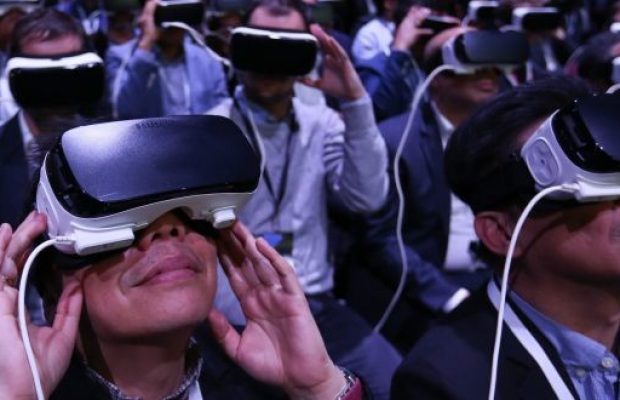The recent Cannes Lions saw partnerships with Immersion Corporation to bring haptic technology to the event and Greenfly Inc. to help power the content strategy. At the festival itself, innovative campaigns featuring VR, AI, and wearables walked away as big winners. It’s clear that as the world gets more digitized, events would benefit from becoming more automated and digitized as well. Not because it’s cool or because it’s the du jour, but because it helps drive a significant ROI on marketing spending with data.
While several areas of businesses have undergone digitization, such as introducing automation for reporting, websites being optimized for mobile users, offering app versions of services and more, most brands have yet to digitize their events. This means they are unable to leverage or work out how to integrate data captured at events in real-time within their marketing and sales, losing valuable information on their audiences along the way.
Here are the top three reasons why event automation should be your new best friend:
1) It makes you money through higher sales conversion
Imagine being able to collect data and draw hard targeting sales insights from the hundreds of attendees at your event. Well, there’s no need to imagine anymore, as automation technology makes it a reality. Brands are now able to capture signals from event attendees that demonstrate interest or purchase intent. For example, when an attendee has multiple booth visits and tracks sessions pertaining to a specific topic, it shows high-level interest. Having this insight means your sales people can better identify potential leads to nurture, and all in real time too. Spending less time spread betting on the sales potential of your average Joe means more time to engage real opportunities more quickly, leading to improved conversion rates.
2) It increases the value of brand insights holistically
Being able to leverage on event data gives you another major part of your buyer persona’s journey. When that data works in conjunction with your marketing or CRM software, you get an even more holistic view of your customer (or prospect) across all their interactions with your brand. This 360-degree customer view can then be used to help your marketers create tailored campaigns with a stronger segmentation of customer across your entire marketing mix. Beyond that, it also helps you measure the effectiveness of your event and ROI. We all know and appreciate that events can be costly to run or participate in. Being able to prove a healthier ROI means you can decide how much of your marketing spending to dedicate to events for your next financial year.
3) It’s a great way to build brand awareness and relationships
Events provide the opportunity for face-to-face interaction and are fully immersive, which is something that online user experiences still lack. While digital campaigns provide the ability to track clicks, it is impersonal and doesn’t tell you why users get engaged or dropped off in the process. Digital marketing alone can often lead to disengaged customers as they are unable to relate to a brand due to the lack of a personal touch. These days, customers stay with a brand not just because of how effective a service or product is, but also because of how it makes them feel.
Events provide the perfect platform for these personalized interactions that help humanize your brand, and this is particularly true for companies within the tech space. Not only that, but by beginning with an event and then opening up the event feedback floor to social media, your attendees immediately become brand ambassadors with every picture, like, share and hashtag. And that’s a lot of free, “influencer” advertising that you can then track and study, to create improved experiences both online and offline.
So the next time you’re planning an event, don’t just opt for the usual cookie-cutter template. Where possible, leverage on technology and automate your events process. Provide your attendees with fun, and more immersive experiences with technology and tailor make these experiences. By implementing the right steps, automation strategies and technology, your brand can overcome the challenge of personalization on a mass scale, while gleaning useful insights that help increase your bottom line.
This is the first of a two-part series that looks at digitizing events. Stay tuned for part 2 where we will delve deeper into the different types of technology available for use at events. This article first appeared on LinkedIn.
![]()
![]()

